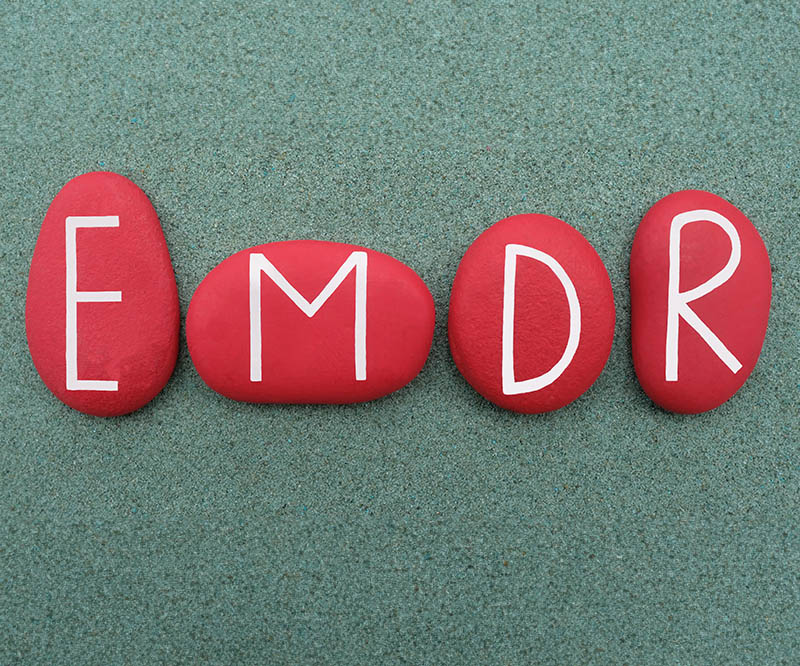EMDR: Free Yourself from Emotional Burdens
What is EMDR?
Eye Movement Desensitisation and Reprocessing (EMDR) is a special type of therapy that helps people overcome upsetting memories and experiences. It’s not just for trauma; it can help with any strong emotional memory.
How Does EMDR Work?
During EMDR, you think about a painful memory while doing bilateral movements, like moving your eyes back and forth. This helps your brain process the memory and reduces the distress it causes. You may still remember the memory or event that you work on, but it becomes less distressing and more manageable. EMDR helps reprocess the memory, reducing its emotional “charge”, so it feels more distant and less intense event. While you may still think about the memory occasionally, it won’t have the same power over your emotions and daily life. Instead, you’ll be able to recall it without the intense feelings of distress or discomfort that previously accompanied it.
Benefits of EMDR
- Effective: EMDR often produces noticeable improvements in a shorter time than traditional therapies.
- Deep Healing: It helps you address the root of your problems, not just the symptoms.
- Empowerment: EMDR helps you take control of your emotions and feel better.
- Improved Mental Health: It can reduce anxiety, depression, and other mental health issues.
- Enhanced Resilience: Helps you build strength and coping mechanisms.
- Increased Self-Esteem: By resolving negative memories, you can feel more confident.
- Better Relationships: Improved emotional health can enhance your relationships with others.
More Than Trauma
EMDR can help with more than just trauma, for example it is useful for:
- Anxiety
- Depression
- Phobias
- Low Self-Esteem
- Stress from life changes
What to Expect in EMDR Therapy
- Talking: You and your therapist will identify the memories or issues to work on.
- Preparation: You’ll learn ways to handle emotional stress.
- Processing: While focusing on the memory, you’ll follow the therapist’s hand with your eyes or complete other forms of bilateral movement.
- Reprocess: You’ll reprocess the memory in a more helpful way.
- Body Check: You’ll see if any tension remains and work through it.
- Closing: Each session ends with calming techniques.
- Review: You’ll discuss your progress and plan future sessions.
Why Try EMDR?
- Whole-Person Healing: EMDR addresses both your mind and body, helping you resolve physical tension or triggers linked to emotional distress eg. smells or sensations.
- Scientifically researched: Many studies show that EMDR is useful to those wanting to overcome strong memories.
- Personalised: EMDR is tailored to your needs.
- Long-Term Benefits: The positive effects of EMDR often continue long after therapy ends.
Feel Better with EMDR
If you’re feeling stuck or overwhelmed by your past, EMDR can help you move forward. It’s time to reclaim your life and feel better.
Contact Us
Ready to start your healing journey? Contact us at Liberated Psychology to schedule an appointment and learn how EMDR can help you.

